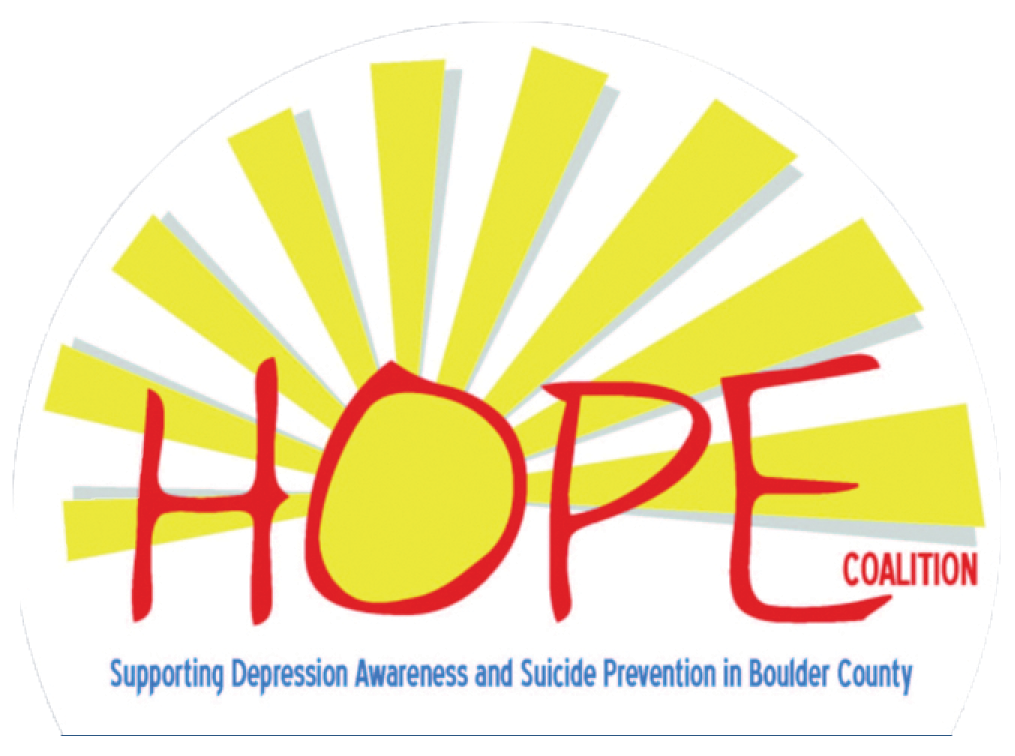Older Adults, Depression & Suicide: Symptoms, Facts, & Risk Factors
Elderly Depression Symptoms and Signs
Download this as a PDF and Share…
• Frequent or prolonged depressed or irritable mood
• Feelings of worthlessness or sadness
• Loss of interest or pleasure in daily activities
• Increased temper, agitation
• Change in appetite, usually a loss of appetite
• Difficulty sleeping
• Daytime sleepiness
• Difficulty falling asleep
• Multiple awakenings through the night
• Difficulty concentrating
• Memory loss
• Abnormal thoughts, excessive or inappropriate guilt
• Abnormal thoughts about death/wishing for death
• Thoughts and/or plans about suicide
• Vague physical complaints that have no apparent physical basis*
• Anxiety, agitation*
• Memory problems and complaints*
• *Often the initial complaints of elders vs. identifying feeling depressed
Other risk factors:
• Family/personal history
• Chronic illness
• Caregiver
• Loss of spouse/partner or other significant loss or change
• Lacking social support
• Alcohol or drug use
• Pattern of negative thinking and pessimism
• People who worry too much
• Low self worth, feeling little control over life events
• Certain types of medications
• Untreated hearing loss. A 1999 National Council on Aging study showed there was an increased report of depression, anxiety, and paranoia in those without hearing aids.
Facts
• Symptoms of clinical depression can be triggered by other chronic illnesses common in later life, such as, heart disease, cancer, diabetes, arthritis, Alzheimer’s Disease, and Parkinson’s Disease.
• As many as 75% of depressed older Americans are not receiving the treatment they need, placing them at an increased risk of suicide
• Those who attempted suicide reported inadequate finances, social isolation, recent death of a loved one, and/or physical illness with chronic uncontrollable pain.
• The suicide rate of white male suicides over the age 85 is nearly six times the suicide rate for all ages.
• 20% of elderly suicides over 75 have been seen by a physician within 24 hours of completing suicide; 35% have been seen by a physician within a week; 75% have seen a primary care physician within a month of their suicide, and 80% have seen a primary care physician within 6 months of their suicide.
• Most suicidal elders will not self-refer to obtain mental health care.
• In Colorado, older adults make up 10% of the population and account for 13% of the suicides.
Contrary to commonly held beliefs:
• Depression is a NOT A NORMAL part of aging
• Depression among older adults can be treated!
• Most completed suicides are not due to terminal illness
• Elders who complete suicide are not always all alone in the world and may have close family members
• Even older adults who live with others can be at risk of suicide
• Sources: Mental Health Association of Colorado, National Institute on Mental Health, Colorado Office on Suicide Prevention, Mental Health Center of Boulder County Geriatric Team
